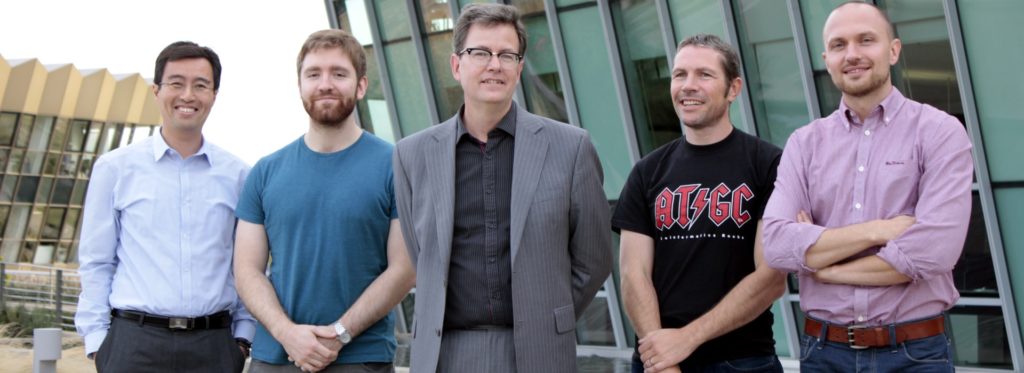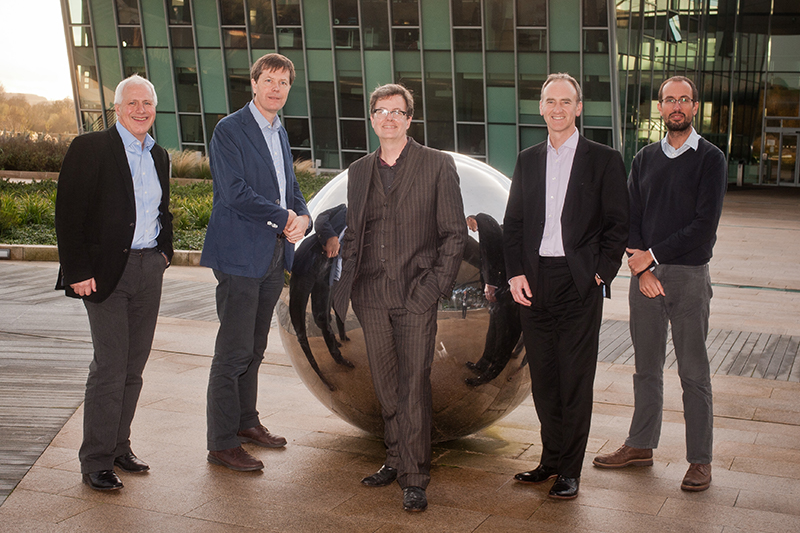
30 September 2015 – Genomics England announces that Congenica has won a contract to provide genome interpretation for 8000 patients participating in the 100,000 Genomes Project.
Tom Weaver, CEO of Cambridge-based Congenica, is delighted that its technology is reaching patients and says: “One of the aims of Genomics England is to enable NHS patients to gain early benefit from advances in genomics and through participation in the 100,000 Genomes Project we have been able to accelerate development of our Sapientia™ diagnostic platform.
“Working closely in collaboration with NHS genetics centres we have ensured that the tool is optimised to reduce the workload of the labs and to support consultants diagnose rare genetic diseases.
“Furthermore with the support of these genetics centres we are building a knowledge-base that will make it easier for clinicians to compare the results of their patients with anonymised phenotype data from others previously diagnosed with the same genetic mutations. This is a world-leading resource.”
Genomics England also comments that work is also ongoing with its sequencing partner Illumina to explore a variety of bioinformatic challenges around sequencing. Illumina also originated from Cambridge, UK, which, alongside the work of the Wellcome Trust Sanger Institute, shows the depth of knowledge in this UK genomics cluster.
Genomics England also announced that two new companies, Berg Health and NGM Biopharmaceuticals have joined its industry collaboration, known as the GENE Consortium, which is working on a yearlong industry trial assessing how best to accelerate the development of new diagnostics and treatments for patients.
Commenting on both announcements, Sir John Chisholm, Executive Chairman of Genomics England, said: “We are delighted to welcome two new partners to the GENE Consortium. Exploring how industry will work with this unique dataset along with driving up the quality of the interpretation of genomic data is crucial to us in finding out how to understand and treat disease better in the future. It’s this that will ensure genomic medicine benefits patients for years to come.”
Download our case study to learn how Congenica has helped Genomics England to reduce manual data processing by 95%, improve analysis times 20-fold and increase diagnostic yield by 50%:




